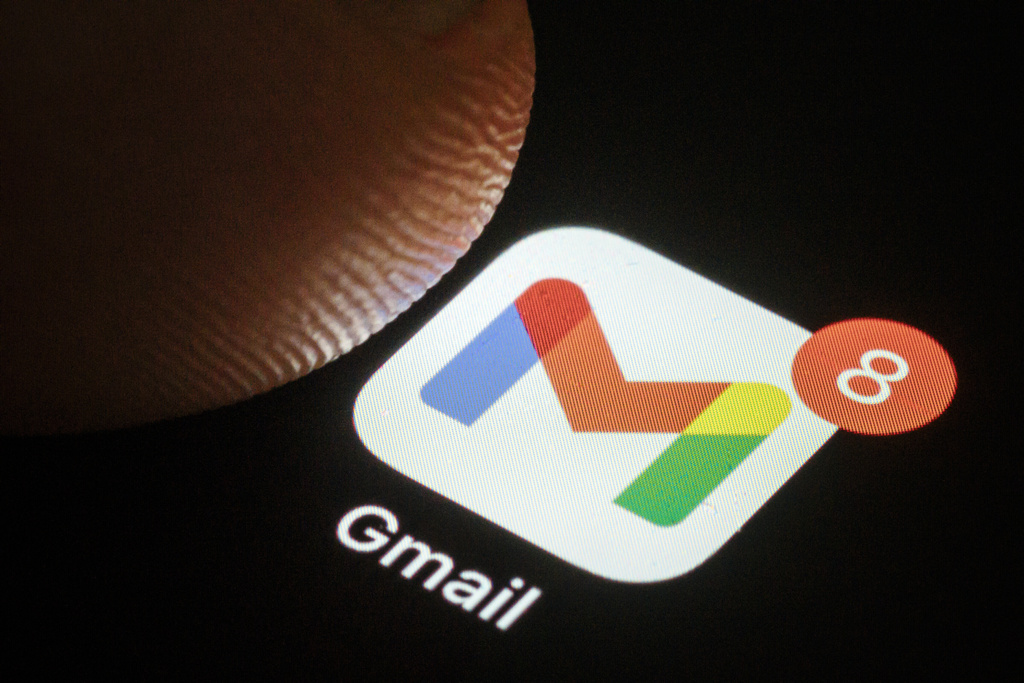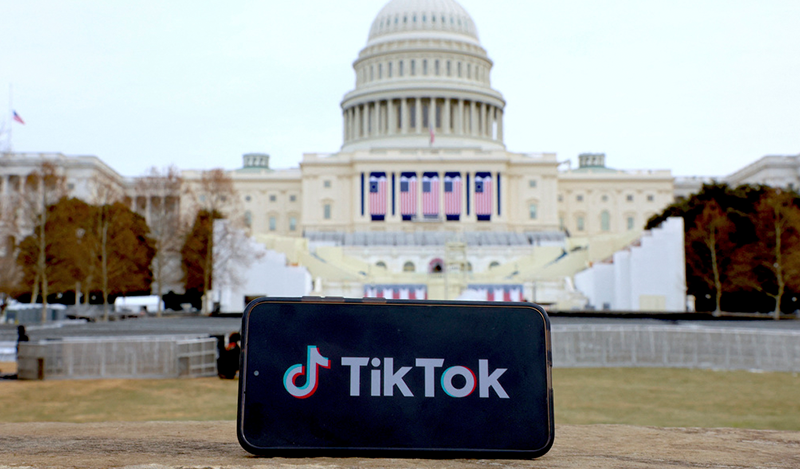Welcome to Our Research Archive
Search and filter by content type, issue area, author, and keyword

September 24, 2025
More Problems with Australia’s National Climate Risk Assessment
When Australia’s National Climate Risk Assessment (NCRA) was released last week, headlines such as the above announced that “climate change could cost Australians $40 billion per year by 2050.” It turns out that claim is demonstrably false. Let’s take a close look. The NCRA asserts the $40 billion cost on p. 102: The Colvin Review (2024) projected disaster costs…

September 24, 2025
Spam Filtering, Government Jawboning, and Synergies Between Litigation and Regulation of Speech Practices
Sometimes high-profile political plaintiffs that sue media entities over allegedly biased actions are fortunate to have government agencies flex their regulatory muscles in ways aligning with their lawsuits. Two examples illustrate the seemingly hand-in-glove synergies between plaintiffs’ political interests and the leveraging––real or threatened via jawboning––of government power against defendants’ speech-based decisions. In July 2024,…

September 23, 2025
When AI Feels Human: The Promise and Peril of Digital Empathy
Artificial intelligence is becoming emotionally intelligent. Systems now generate responses often perceived as warmer, more compassionate, and more attentive than those of human professionals – including doctors, teachers, or even friends. These qualities unlock enormous potential. AI tutors can encourage struggling students, digital companions can help support patients manage chronic conditions, and empathetic systems can…

September 19, 2025
Identifying Under-16s for Social Media Management: The Australian Way
The Australian eSafety Commissioner recently released regulatory guidance to support social media firms ahead of the country’s world-leading legislation being enforced in December, which is intended to prevent those under 16 years from accessing the sites. The controversial legislation has faced criticism regarding platforms’ ability to effectively and reliably identify whether those on the end…

September 18, 2025
Beijing’s “Robot Army” Isn’t Science Fiction. It’s Already Here.
Why Robotics Matters to US National Security Robotics is not merely about improving manufacturing efficiency or making another billion off of consumer gadgets. It stands to reshape the future architecture of economic and military power. Banks and market research groups project the market for the machines and related services will surge to $7 trillion by 2050,…

September 18, 2025
Trump’s TikTok Deal Is Lose-Lose Diplomacy
The Trump White House is about to claim a major win on TikTok. Don’t be fooled. The deal on the table is not a victory for U.S. national security – it is a face-saving compromise that leaves the most egregious threat unresolved. Since TikTok entered U.S. app stores in 2017, U.S. national security officials have…

September 18, 2025
The Risks of AI-Specific Liability Regimes
At Politico’s AI and Tech Summit earlier this week, Senator Ted Cruz (R-TX) renewed his call for a federal moratorium on state AI laws, citing the growing patchwork of local regulation. Colorado and New York City have already adopted AI-specific liability regimes, and similar proposals are pending in legislatures nationwide. These measures rest on a…

September 17, 2025
Sending Government-Mandated Messages to Minors on Social Media Platforms: Colorado’s Unconstitutional Experiment
“Attention youth: We interrupt your social media experience to bring you this government-compelled, state-sanctioned message to help you ‘understand the impact of social media on the developing brain and the mental and physical health of youth users.’ This message will be repeated.’” That sounds like a far-fetched way to educate minors about alleged and vehemently…

September 16, 2025
The Media’s Duty After Charlie Kirk: Help Rebuild Civil Society
National traumas can reveal our best instincts—and our worst. The assassination of Charlie Kirk, who was gunned down while engaging in political debate on a college campus, has done both. Many responded with compassion for his family and calls for greater civility. Others, disturbingly, cheered his murder. As Matthew Continetti of the American Enterprise Institute…

September 16, 2025
Lessons from a Tragedy: Public School Teachers’ Online Speech Rights Aren’t Absolute and That’s a Good Thing
Following Charlie Kirk’s assassination last week, numerous public school teachers took to social media not to condemn the horrific act of violence, but to laud it or otherwise denigrate Kirk and his views. Matt Kargol, an art teacher at Oskaloosa High School in Iowa, reportedly posted “1 Nazi down” on his personal Facebook account. Kargol…